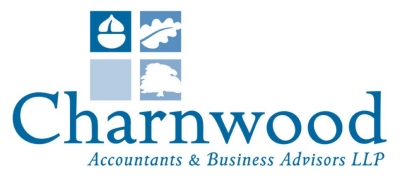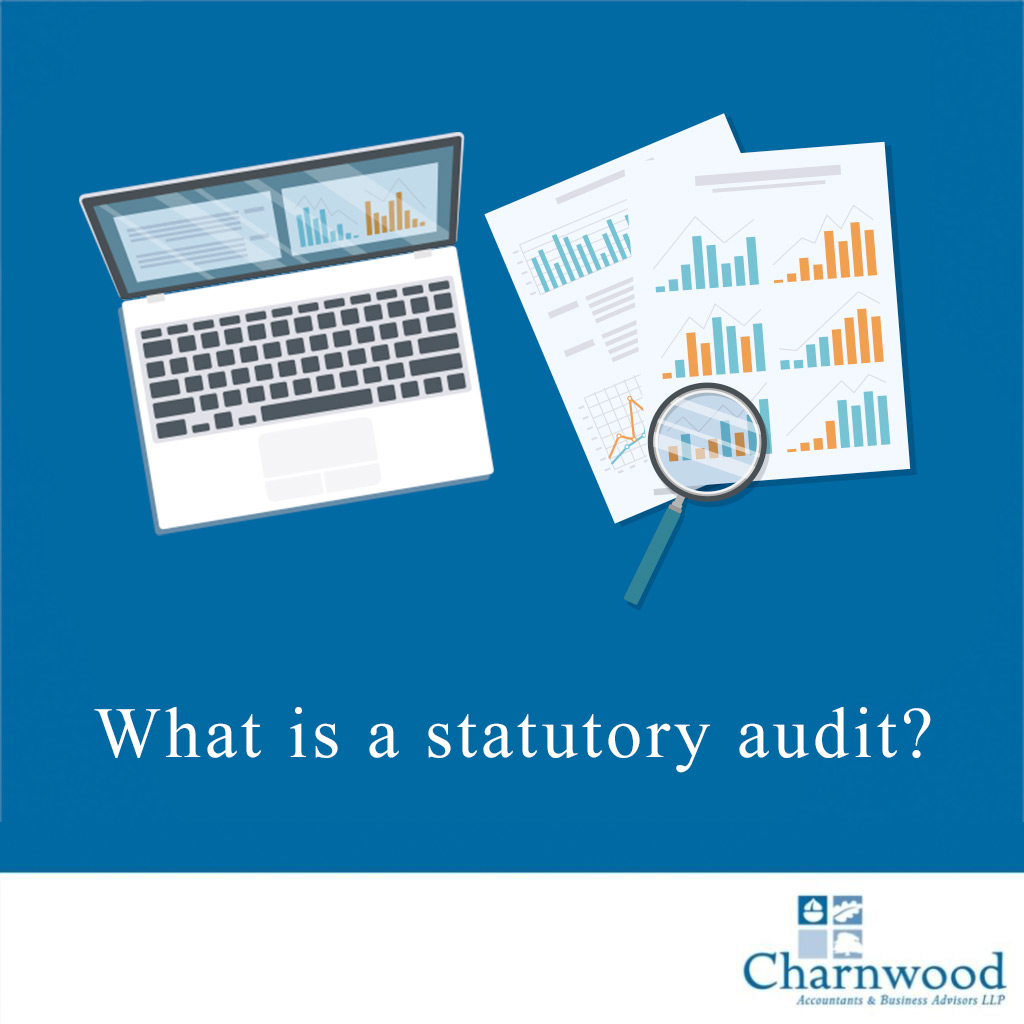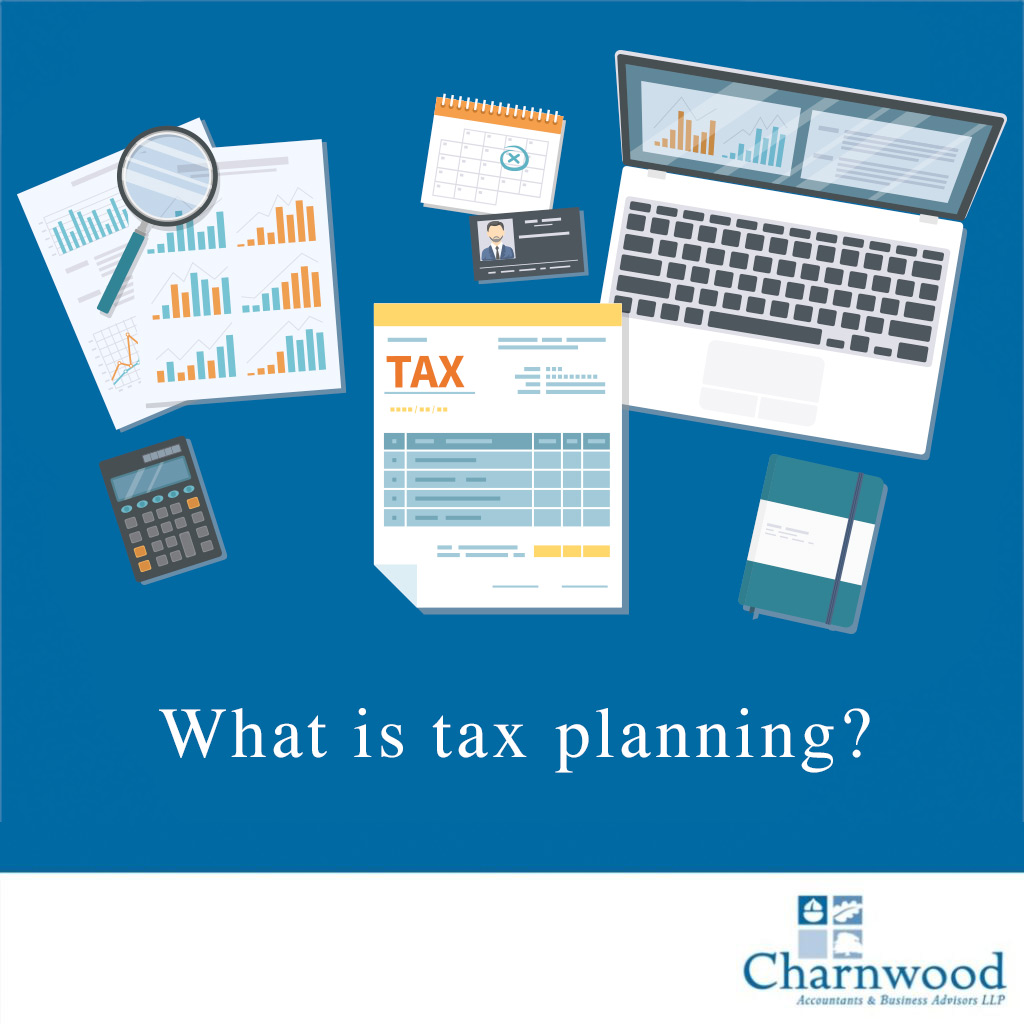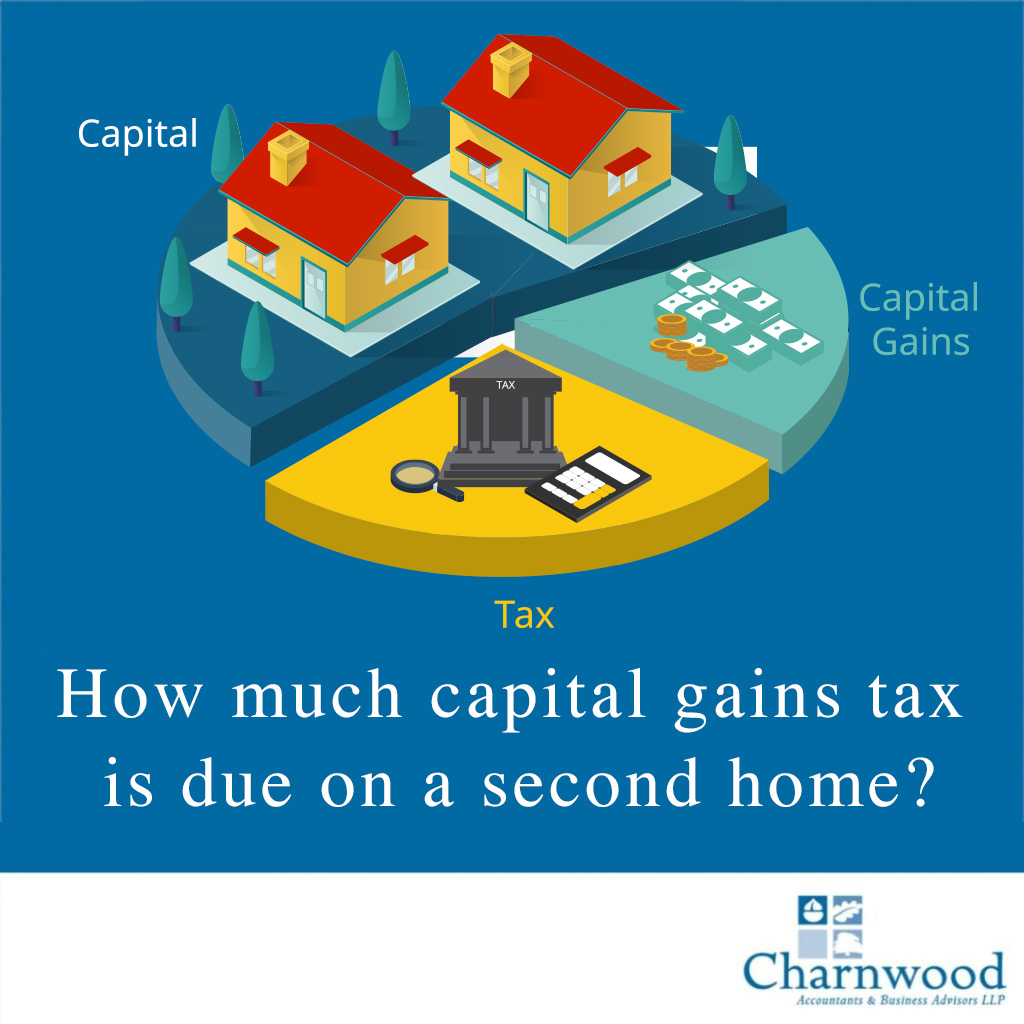Research and Development (R&D) tax planning
Research and Development tax relief is one of the most valuable reliefs around to companies who are under the corporation tax system. Many businesses do not realise they can benefit from this valuable relief and think it is all to do with laboratories and white coats.
The exact definition of R&D from HMRC is ‘an advancement in science or technology’.
An advancement in science or technology covers a vast array of things. Say for example you make bricks. The current process takes 2 hours to make 100 bricks and they use £100 of material and £100 of labour time. You manage to develop a new process through trial and error that means that you can now make 150 bricks in 2 hours using just £80 of material and £80 of labour – You have made and advancement in science and technology and the costs sunk into developing the new procedure qualify for R&D relief.
The relief can be given in several ways depending on your situation. For many smaller companies, the relief for qualifying expenditure could be as much as 230% on which you could either save corporation tax at 19% or for loss making companies can be surrendered for a 13% percent cash payment
Using the example above if you spent £25,000 on staff costs and materials working on improving your brick making process this could save you £10,925 in tax. You will get the initial deduction of £25,000 as you do any tax-deductible expense but then because it is R&D qualifying expenditure you will get an additional deduction before the tax is calculated of £32,500. If you are loss making it could result in a cash inflow of over £7,000.
If you have never discussed R&D with anyone and think you may have undertaken projects which may qualify then please drop us a line and we will be happy to discuss it with you.
News Related to Research and Development (R&D) Tax Planning
What is a statutory audit?
Statutory audits are required for a variety of organisations. If you’re unsure whether your business needs to be audited by law, read on…
What is tax planning?
Tax planning is the financial arrangement of your affairs to help minimise your tax liabilities. It differs from tax avoidance.
How much Capital Gains Tax is due on the Sale of a Second Home?
When you sell a second property, you may need to pay Capital Gains Tax if the property has increased in value, depending on the sale profits.
Not sure where to start? Have questions?
Book your free no-obligation discovery chat and we'll connect you with the right expert for your business needs.



